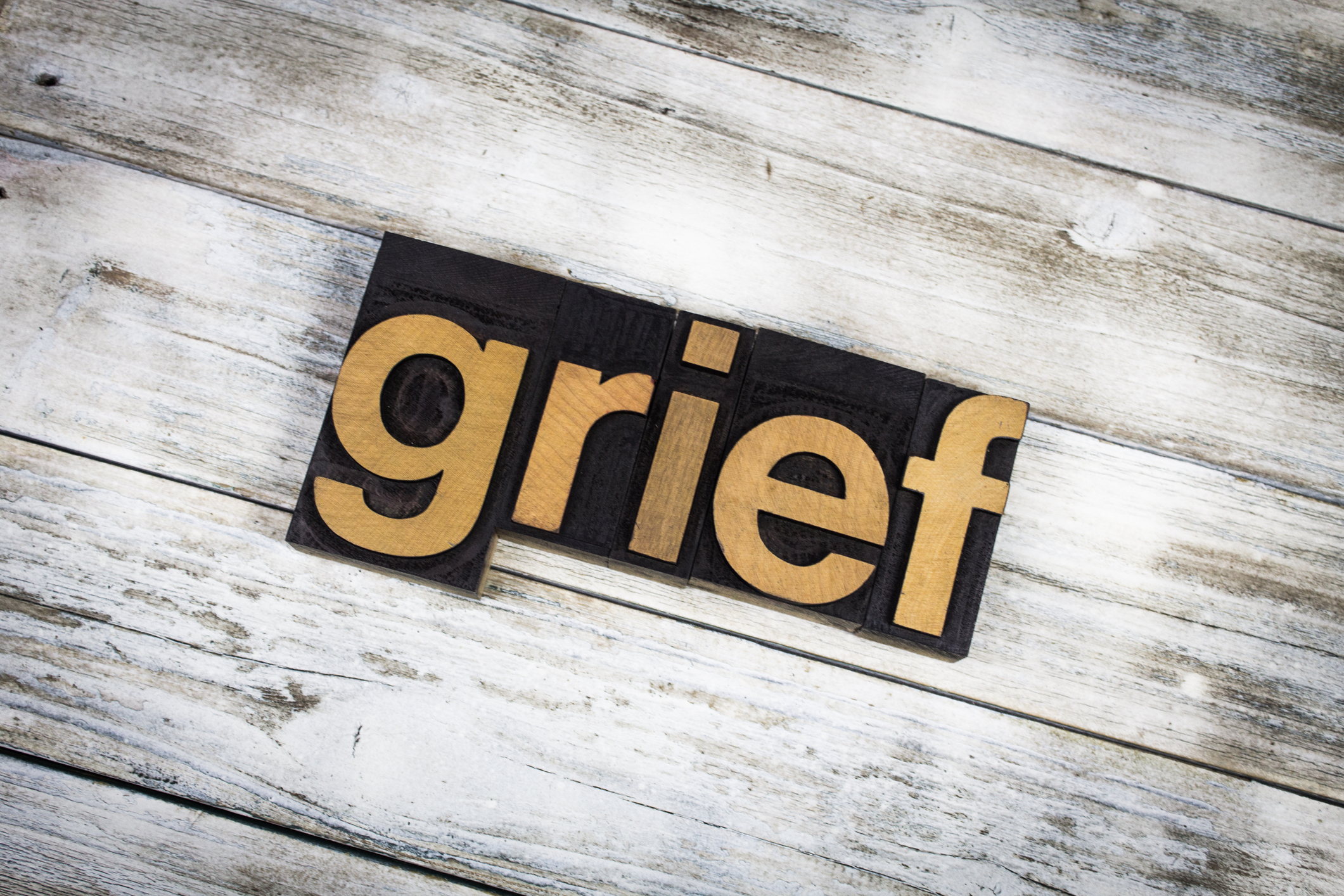So this blog brings us to the end of our series on dealing with the immediate aftermath of a separation. If you haven’t already seen the blogs then the first one set the scene and suggested some things to think about for those that weren’t sure they had yet made the decision to separate. We then shared some tips on how to tell your partner you want a separation. This is an enormously difficult conversation to have but doing it in a respectful and compassionate way can help set the tone for a separation that is as constructive and peaceful as possible. In last week’s blog we looked at the question of when do you start looking to find a resolution to the long term issues that arise from your separation. This might be issues relating to your children, or issues concerning money. There might also be issues about pets or about how you separate your possessions. This is a question that stumps a lot of people and we hope our guidance is useful.
In this blog we are finishing off the topic by sharing our 5 top tips for what to do in the immediate aftermath of a separation. These are:
- Honour the grief process. You cannot ignore or bypass this grief process and it’s important to feel and acknowledge where you are each at in terms of your emotions right now. If you feel you are struggling emotionally then it’s important to get some support. You could start with your GP in the first instance, or approach a trusted counsellor if you know one. Friends and family can be a great support but it can also pull them in and they can feel they have to take sides which isn’t always useful. Don’t wait until things are so bad you feel completely stuck. Talk to someone at any point if you feel you simply aren’t coping as well as you’d like. It’s also important to prioritise your own self-care. Be kind to yourself and don’t give yourself a hard time for finding things difficult or not being in as good a place as you like. Make time for yourself and don’t commit yourself to things you think would be unhelpful right now.

- Respect the fact that you may both be at quite different points in the grief process. Don’t force your partner to talk about resolving long term issues if they’re not ready. It will be easier, less stressful and likely cheaper if you wait until you are both able to talk reasonably calmly about what happens next. Remember if you’ve been contemplating the end of the relationship for some time you are likely to be further ahead in the grief process and your partner will need to catch up before you can have the most constructive conversations (or even conversations that feel a tiny bit constructive).
- When you do decide you both feel equipped to start talking about long term issues then ensure you break things down into manageable steps. It can help not to put time limits on how quickly you resolve things as this adds a pressure that often isn’t helpful. Creating a timetable so you both feel reassured about the steps is fine but remember that it’s more important to get things right than it is to have them done quickly.
- Remember that you need to be able to have a reasonable relationship going forwards if this is possible (in some cases it simply isn’t). Your children will undoubtedly benefit from having parents who are able to talk about them and who can move children between them without there being arguments and lots of tension. Your relationship as co-parents may well evolve so don’t worry if it doesn’t feel very friendly right now – it may feel easier once things are sorted out and you are some months or years down the line. But do be mindful of your actions. It helps to weigh up how important issues are to you with how they affect the other person. Keeping things amicable and peaceful is best for all concerned and if you can approach discussions with that in mind then you will both likely benefit, and your children certainly will.
- Getting the right help at the right time can go a long way to supporting your wish to keep things amicable, constructive and peaceful. There are a wealth of professionals that can help you make arrangements when you separate. Family mediators will help you to come together and talk about what happens next, lawyers will advise you what is in your best interests. Financial advisers will help you to understand what steps you need to take to feel financially secure and well provided for. Counsellors and coaches can help you to feel more supported and to look at what you need emotionally, and to help you feel more confident about your decision making abilities. You may find this blog post about having a divorce support team helpful.

If you would like help in managing your separation in the most constructive and peaceful way possible then you can sign up to our free mailing list. You can also download our free mini guide to separation as part of this.
We also run a free Facebook group where those going through a separation can talk to others in the same situation (people are at varying stages in the separation so can share experiences at all stages) and where professionals come in and talk to you about issues you’re facing and how to deal with them. It’s called Soulful Separation Support.

